Why Ad Rank Matters | How Google Decides Which Ad to Show
When businesses invest in Google Ads, many assume the highest bidder automatically secures the top spot. But in reality, Google doesn’t simply reward the biggest budget; it rewards the smartest campaign. This is why ad rank importance cannot be overstated. Ad rank optimization is the difference between burning through cash and generating sustainable ROI.
For firms using Google Ads Services or all over the world, understanding how Google Ad Rank really works can be the line between blowing money and making steady ROI. Let’s break down the mechanics, uncover expert insights, and highlight strategies most advertisers overlook.
Ad Rank Explained
Think of Ad Rank as Google’s scoring system to decide which ad should appear, in what order, and at what price. Every time someone searches, an ad auction process takes place in milliseconds. Your Ad Rank determines:
- Whether your ad qualifies to appear.
- Where it lands in Google ad placement compared to competitors.
- How much you ultimately Pay Per Click.
It’s not just about paying more. The ad rank algorithm considers multiple signals, some you control directly, others you influence through campaign quality
The Key Components That Determine Your Ad Rank
Google doesn’t reveal its formula entirely, but industry studies, case analyses, and expert talks point to six key ad position factors:
- Your Bid Amount: The maximum you’re willing to pay.
- Quality Score in Google Ads: Relevance, CTR predictions, and landing page quality.
- Ad Relevance: How closely your ad copy matches the search intent.
- Landing Page Feel: Clear text, fast load, trust signs.
- Ad Extras & Shapes: Site links, calls, neat clips.
- Search Scene: Place, tool, hour, other ads.
All these sets are where your ad sits in Google ad rank.
How Quality Score Affects Ad Rank and Cost-Per-Click
This is where strategy beats spending. A higher quality score in Google Ads often means you pay less per click than a competitor with a weaker score but a higher bid.
Google rewards relevance. A Nielsen study found that ads with higher relevance scores improve CTR by up to 67%. In real-world campaigns, brands with Quality Scores above 8 have seen CPCs drop by 30-50%, allowing them to dominate competitive auctions without overspending.
So, CPC and Ad Rank are deeply tied to focus on improving your score, and you’ll stretch your budget further.
The Role of Bid Amount in Google’s Ad Ranking System
Your bid is still important, but it’s not absolute. Google Ads experts often compare it to poker. Betting big can give you leverage, but strategy wins the pot.
For example, a $2 bid with a Quality Score of 9 can beat a $6 bid with a Quality Score of 3. This shows that just high bidding is not a good long-term plan for Google Ads.
How Ad Fit and Landing Page Feel Change Ad Rank
Ad Rank looks at users’ feelings too. If your ad says one thing but your landing page shows something else, expect lower scores. Google checks things like how fast people leave, how fast pages load, and if the page works well on phones.
- Ads with headlines and landing pages that don’t match have 35% worse results.
- Pages that load in 3 seconds or less make it 50% more likely to get a high Quality Score.
This is why brands that work hard on matching ad words to landing pages do better than others.
How Ad Bits Add Value to Your Ad Spot
Many people who sell ads don’t pay enough mind to extras. But Google says that ad forms change how you place. Bits like links to sites, phone bits, and neat info not only make you more seen but also lift clicks, showing Google you matter.
A place that sells things online put in neat info and got 17% more clicks in one week, with no extra cost per click. This tells us why not using extras is a big slip in how Google Ads work.
How Google Ads work
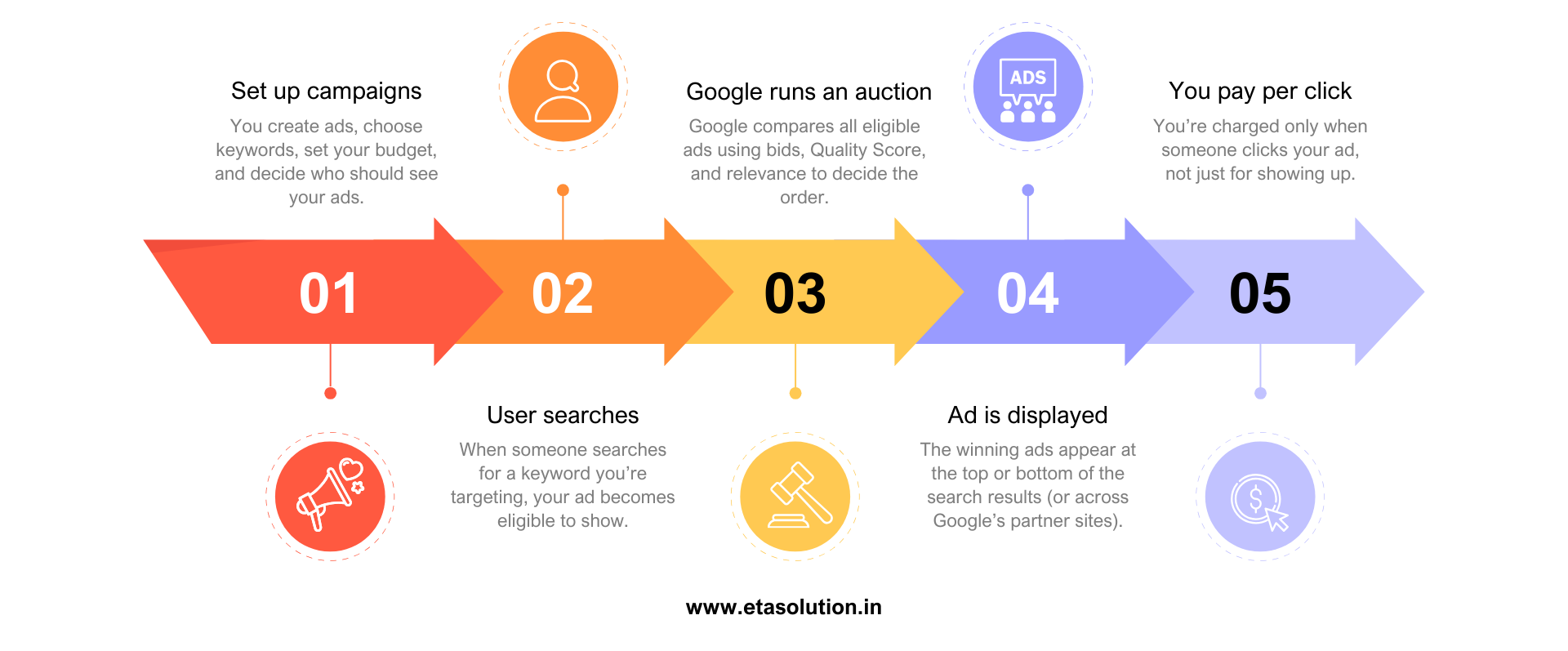
Ad Spot vs. Real Spot: What’s the Gap?
Here’s a point many miss: your ad spot score doesn’t mean you’ll be on top.
- Ad spot score sets if you can join and if you’re strong enough.
- Real spot hangs on the amount of cash, others’ cash bids, the score of quality, and time.
That’s why your ad might have a strong score but still not show up top if others do better at that time. This moving way makes sure all is fair in the ad play.
Tips to Get a Better Ad Rank Without More Cash
Making your Ad Rank better doesn’t need more cash. Some good, less-used ways are:
- Better word use for ads: Focus on narrow words, not wide words.
- Use AI for A/B tests: Brands that used this got 20-25% more clicks in 2024.
- Add trust to your page: Put in good words from users, case studies, and trust signs to up scores.
- Use all ad extras: Even the ones not used much, like price, sale, make your ad show up more.
These steps show that it’s more about being smart, not just having a big budget.
Why a Top Ad Rank Means More Money Back in Google Ads
When your Ad Rank is high, you don’t just get seen, you make money. Ads that rank higher tend to:
- Get more right clicks because they fit better.
- Cost less per click as they work better.
- Make your brand look stronger as users link high spots with trust.
That’s why firms in big places focus a lot on making ads better, not just on more bids. A 2023 study found that brands with always high Ad Ranks made 40% more money from the same ad costs than those with lower ranks.
Common Mistakes That Hurt Your Ad Rank
Even seasoned advertisers make errors that damage performance:
- Google Ads bidding highly without improving quality: Leads to high spend, low ROI.
- Neglecting landing page experience: Weak pages can cut Ad Rank in half.
- Ignoring negative keywords: Causes wasted impressions and poor CTR.
- Not updating ad extensions: Outdated snippets weaken performance.
Fixing these involves ongoing audits, fresh copy testing, and monitoring competitive insights. Industry experts often stress that the ad rank algorithm changes subtly every year, so keeping pace is key.
Final Take
Ad Rank isn’t just a technical metric; it’s the core of Google’s advertising fairness. The businesses that understand and optimize it consistently outperform those who rely only on high bids.
For growth-focused companies, whether tapping into Google Ads Services in Ahmedabad or global campaigns, the question isn’t “Can I afford to improve Ad Rank?” It’s “Can I afford not to?” Because in a system where relevance equals efficiency, the smartest ads, not the most expensive ones, win.
No, not always. While bidding more can help, Google also looks at ad quality, relevance, and expected performance. A lower bid with a high-quality ad can sometimes beat a higher bid with a poor-quality ad.
Quality Score is Google’s rating of your ads, keywords, and landing pages. If your Quality Score is high, Google rewards you with a better Ad Rank, meaning your ads can show in better positions even with lower bids.
Yes. A better Ad Rank can lower your CPC. This means you may pay less for each click if your ads are more relevant and useful compared to your competitors.
Ad Rank decides where your ad will show on the search results page. Quality Score is one of the factors that affect Ad Rank, but Ad Rank also includes things like bid amount and ad extensions.
Yes. Ad Rank works the same way on both mobile and desktop, but competition and user behavior may differ. This means your ad position can vary depending on the device users are searching from.

What started as a passion for marketing years ago turned into a purposeful journey of helping businesses communicate in a way that truly connects. I’m Heta Dave, the Founder & CEO of Eta Marketing Solution! With a sharp focus on strategy and human-first marketing, I closely work with brands to help them stand out of the crowd and create something that lasts, not just in visibility, but in impact!
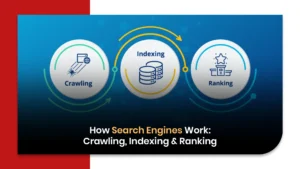
How Search Engines Work: Crawling, Indexing & Ranking
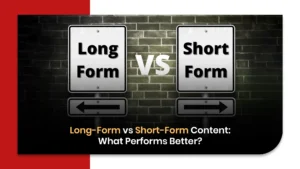
Long-Form vs Short-Form Content: What Performs Better?
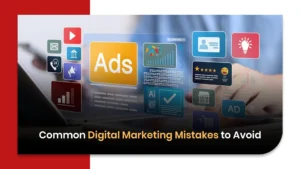
Common Digital Marketing Mistakes to Avoid

